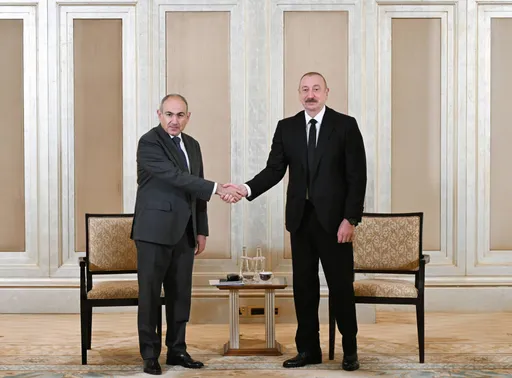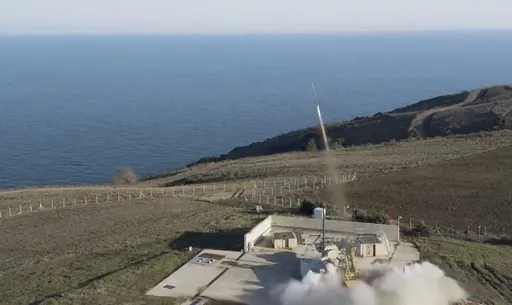The International Monetary Fund (IMF) released a report on September 23, in which Turkey’s growth forecast was raised considerably, despite the country facing a currency crisis last year and negative press coverage from several Western media outlets.
The IMF changed its estimation of Turkey’s 2019 GDP growth from -2.5 percent to 0.25 percent, stating: “[Turkey] has rebounded, aided by policy stimulus and favourable market conditions, following the sharp lira depreciation and associated recession in late-2018.”
Economists argue different reasons for the country’s improving economic outlook.
“First, Ankara made a sharp reduction over interest rates, which help both credit lending and the fund sector, and markets have been rebounded,” said Gokhan Ovenc, an assistant professor of economics at Istanbul University.
“Second, there are seasonal reasons. In the summertime, there was a serious influx of tourists into Turkey, helping the country’s economics,” he said.
Ovenc believes the IMF and other major international financial organisations were not expecting this kind of Turkish growth because they had no clue that Ankara could reduce interest rates so much.
The Turkish Central Bank’s sharp interest rates cuts, which had reached 7.5 percent points since July, were criticised harshly by some economists and financial institutions, but apparently, they are helping the country’s economy so far.
“The lira has recovered and the current account has seen a remarkable adjustment,” the IMF report said.
"Buoyed by expansionary fiscal policy, rapid state bank credit provision, a strong contribution of net exports, and more favorable market sentiment, the economy registered positive growth in the first half of 2019," the report continued.
However, it also included warnings to Ankara over the fragile character of economic improvement, referring to the country’s growing fiscal deficit and its dependence on foreign financing.
Turkey’s credit expansion policies, which appear to be helping economic growth, should be reinforced by other long-term economic measures like increasing productivity and trade, according to Ovenc.
“Turkey’s advantage is that its exchange rate has been recently stabilised, settling between 5.5 lira and 6 lira [per dollar],” Ovenc told TRT World. He thinks that unless a global economic crisis emerges unexpectedly, Turkey’s currency will continue to sit between these lines.
As a result, both importers and exporters, who have been affected by currency fluctuations, will have more confidence to conduct their business in Turkey, enhancing trade, Ovenc explained.
"High real policy rates, lira stability, favorable base effects, and resulting lower inflation have allowed the CBRT [Central Bank of the Republic of Turkey] to cut policy rates," the IMF report also noted.
























